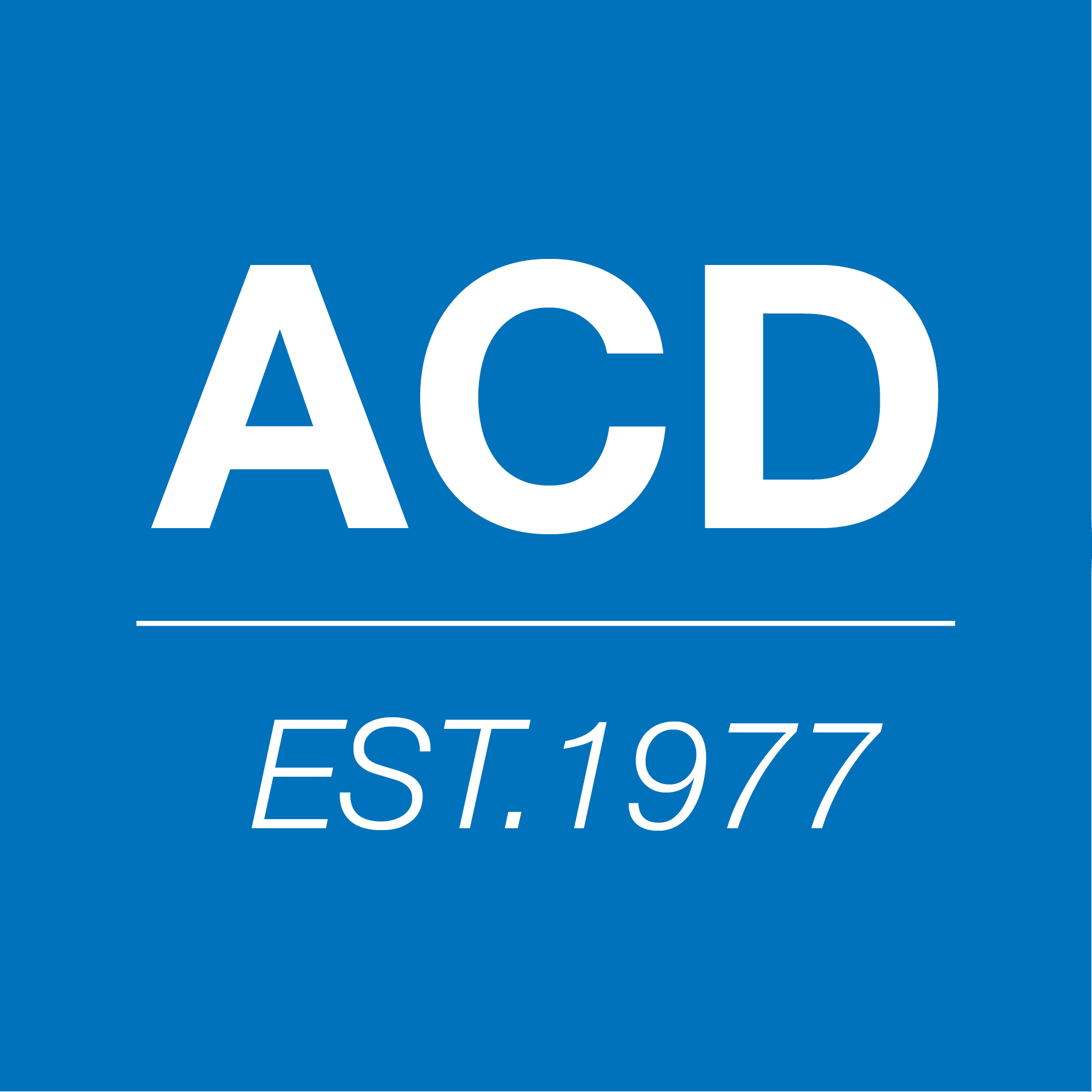Saturday, October 21
4:55 PM - 6:00 PM
Featuring Alden Burke, Kate Rose, and Maggie Wong
How do our relationships shape the way we learn, move, and participate in the world around us? What tools facilitate reciprocal, relationship-based learning environments? The Deepest Well panel brings together three educators/artists exploring the qualities of reciprocal learning environments; specifically, how community agreements are a crucial tool in co-creating space for fruitful, generative, and safer knowledge-sharing. Audience members will learn about community agreements and their best practices, and be prompted to think about how they might apply the tool as a way to create value-aligned teams, accountability structures, and assessment tools.
The panel will share, compare, and draw attention to the conditions that call for community agreements and how they transform group dynamics, expectations, and outcomes. The session offers examples of how community agreements work in an assortment of environments and can be used and translated based on any group’s need, thus prompting the audience to consider how they might adopt the strategy in their own work. We’ll also touch upon the limitations of the tool and challenges of implementation, inviting participants to collectively hive-mind around the practices and systems that might bolster and complement how community agreements are used.
The three panelists–Alden Burke, Kate Rose, and Maggie Wong–believe in the power of community agreements to create a generative, playful, and safer learning space. They also see community agreements as a means to break down asymmetric power dynamics and empower the critical, collective learning of the group. Each panelist brings their own experience and expertise to how community agreements have shaped classroom curriculum, design criteria, and organizational strategy. The organizations they collectively represent include (but are not limited to): Design For America, a social impact organization teaching community design; The School of the Art Institute, as an adjunct faculty practicing anti-racism pedagogy and fighting for union status; Artist Cooperative, Residency, and Exhibitions, a non-profit arts organization, and The Chicago Arts Census, a data-driven project to advocate for the labor and livelihoods of art workers in Chicago. Sources of inspiration for the discussion draw from the labor and organizing history in their respective homes – Chicago and the Bay Area, Sister Corita Kent’s “10 Rules for Artists,” the peer-to-peer care model of The Hologram, Spring Up’s culture of consent and liberty, Trabian Shorter’s asset framing, and the rich history of political and artistic collective’s zine-based manifestos.
 Alden Burke
Alden Burke
Presenter
Alden Burke (she/they) is a Chicago-based educator, facilitator, artist, and designer. Currently, she is thinking about modes of introduction, radicalizing HR practices, and free-writing in five-minute paragraphs. Generally, her work centers around supporting collaborative making, process-based work, care in administrative practices, creative sustainability, and the question “What are we going to learn from one another?” Alden is the Director of People & Culture at Design for America, a Lead Organizer for the Chicago Arts Census, Co-Founder of Annas, and does Service Design for arts organizations in Chicago.

Kate Rose
Presenter
Kate Rose (they/them) is an educator, designer, art-maker, and bike enthusiast based in the California Bay Area. They believe that the spaces in which we gather - from relationships to classrooms - should cultivate joy, spark personal and collective transformation, and facilitate greater freedom for everyone involved. They draw on tools and practices from queer and trans spaces, printmaking, and zine-making communities to explore new ways to be in relation with one another. Kate tests out these questions in their work as a Lead Design Coach at Design for America, the Design Curriculum Lead at Code.X, and a facilitator of art and zine-making workshops across queer spaces in the Bay.
 Maggie Wong
Maggie Wong
Presenter
Maggie Wong (she/they) is a visual artist and educator attuned to materiality and sculpture’s disciplinary capacity to shape social space. With an eye toward post-minimalism, Maggie creates social and sculptural forms that unpack the sensation of materials, archives, and inheritance – pursuing where love undergirds study and touches the political in the affective edges of objects and texts. As a teacher, she is interested in the interplay between informal and experiential education amidst formal art ecologies. She holds an MFA from the School of the Art Institute of Chicago (SAIC) and recently worked as the Educator-in-Residence at the Luminary and a lecturer at SAIC. Her exhibition history includes being shown at the Chinese American Museum of Chicago, Iceberg Projects, Mana Contemporary Chicago, Comfort Station, Annas Projects, take care (LA), Temple Contemporary, YBCA, and 99cent Plus, while her work has been written about in The Chicago Reader, ArtForum, and Sixty Inches from Center. Her writing has been published by Yale University Press, Viral Ecologies, and the Journal of Art Practice.
